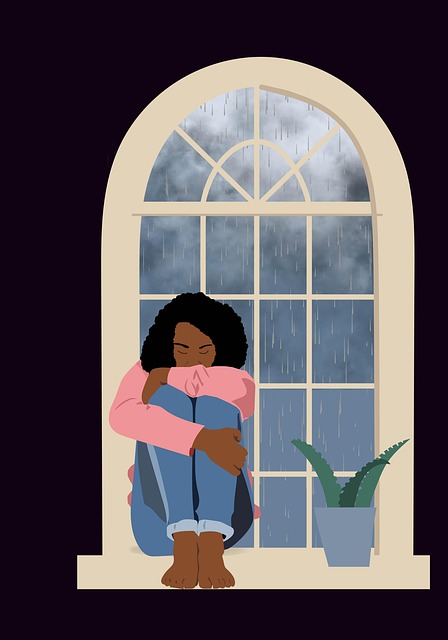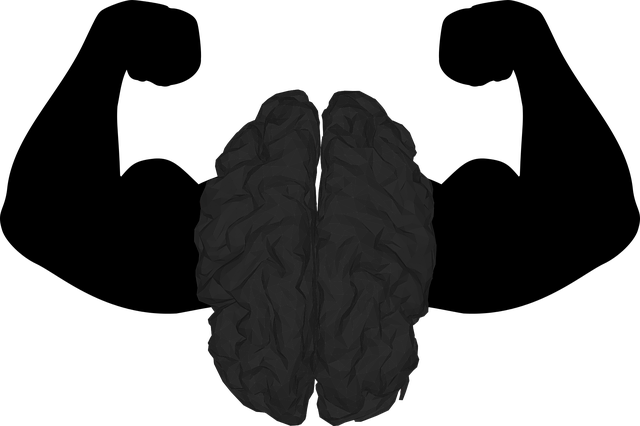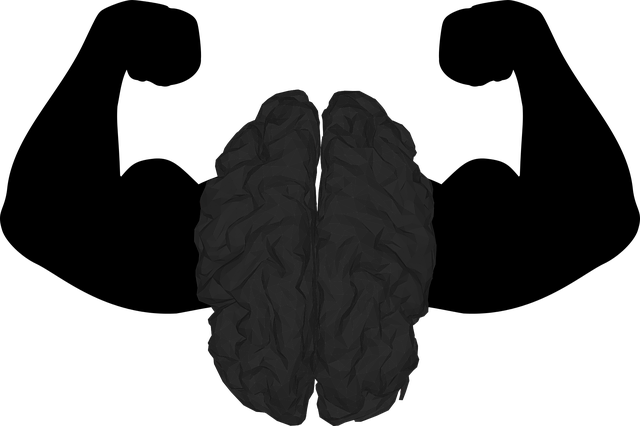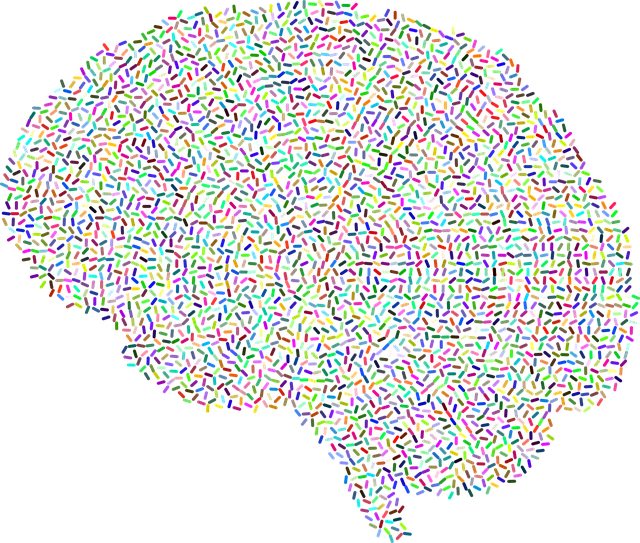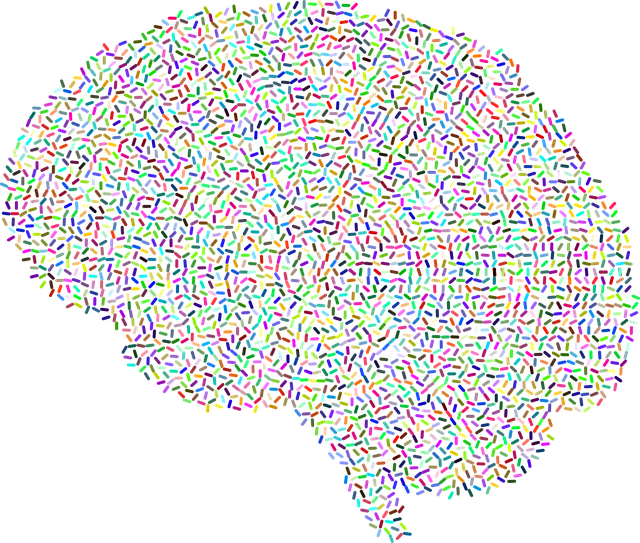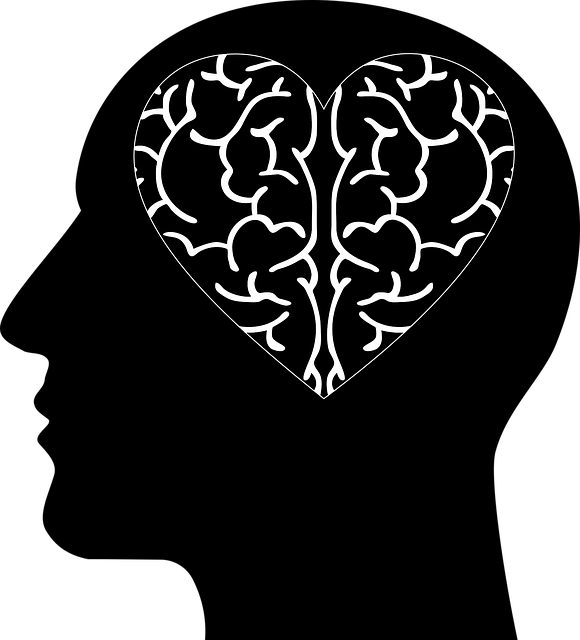The media's portrayal of mental health conditions significantly influences public perception and attitudes, with positive, accurate depictions reducing stigma and encouraging support-seeking behaviors. Louisville is leading the way in promoting diverse and accurate autism spectrum disorder (ASD) representation through collaborative media initiatives that challenge stereotypes and highlight individual talents. Local therapy centers integrate mindfulness practices into therapeutic approaches, fostering self-acceptance and resilience. By hiring experts with lived experiences, ensuring cultural sensitivity, and avoiding tokenism, media productions can create nuanced depictions of conditions like Louisville ASD Therapy, reducing stigma, and encouraging help-seeking behaviors without fear of judgment. Collaborative efforts involving communities, professionals, and media makers are crucial for positive change in mental health representation.
“The media’s influence on mental health perceptions cannot be overstated. This article explores strategies to challenge negative stereotypes and promote understanding of mental illness through impactful storytelling. We highlight Louisville’s innovative approach to advocating for individuals with autism spectrum disorder (ASD), offering a model for positive representation. By examining effective media depictions, engaging communities, and collaborating with professionals, we aim to foster a more empathetic landscape. Discover how these initiatives drive change, ensuring accurate portrayals of mental illness in the digital age, especially within the context of Louisville’s autism spectrum disorder therapy programs.”
- Understanding the Impact of Media Portrayal on Mental Health Perceptions
- Louisville's Approach to Promoting Positive Autism Spectrum Disorder Representation
- Strategies for Accurate and Empathic Mental Illness Depictions in Media
- Fostering Change: Engaging Communities, Professionals, and Media Makers
Understanding the Impact of Media Portrayal on Mental Health Perceptions

The media plays a powerful role in shaping societal perceptions about mental health, including conditions like Louisville Autism Spectrum Disorder (ASD) Therapy. The way mental illnesses are represented in films, TV shows, and news articles can significantly influence public understanding and attitudes. Positive and accurate portrayals can foster Mental Health Awareness, reduce stigma, and encourage individuals to seek support. Conversely, negative or stereotypical representations risk perpetuating harmful misconceptions, leading to increased social isolation for those living with these conditions.
Understanding the impact of media portrayal is crucial in navigating Burnout Prevention strategies for both individuals and professionals. By promoting mindful representation that emphasizes the diversity and uniqueness of mental health experiences, we can contribute to a more compassionate society. Integrating practices like Mindfulness Meditation into media discourse can help normalize conversations around mental wellness, ultimately supporting efforts to enhance access to Louisville ASD Therapy and other essential mental health services.
Louisville's Approach to Promoting Positive Autism Spectrum Disorder Representation

Louisville has taken a proactive approach to promoting positive autism spectrum disorder (ASD) representation in media and popular culture. The city’s initiatives focus on challenging stereotypes and increasing awareness, with a particular emphasis on providing realistic and empathetic portrayals of individuals on the autism spectrum. Through collaborative efforts between local therapy centers, community organizations, and media outlets, Louisville aims to showcase the diverse talents and contributions of folks with ASD.
One notable strategy is the integration of mind over matter principles into therapeutic practices, which encourages self-acceptance and resilience. Local autism spectrum disorder therapy programs offer specialized Social Skills Training sessions that help individuals develop communication strategies and navigate social interactions more comfortably. By combining these therapeutic interventions with positive media representation, Louisville strives to foster a more inclusive environment where people with ASD can thrive and their unique perspectives are celebrated.
Strategies for Accurate and Empathic Mental Illness Depictions in Media

Media has a powerful influence on shaping societal perceptions and understanding of mental health conditions. To challenge stereotypes and foster empathy, accurate and empathetic portrayals are essential. This involves hiring writers and consultants with lived experiences or expertise in mental health, ensuring cultural sensitivity, and avoiding tokenism. Depictions should be nuanced, reflecting the diversity within each disorder—for instance, showcasing the range of symptoms and experiences associated with Louisville Autism Spectrum Disorder Therapy.
Integrating compassion cultivation practices within production teams can enhance these representations. Encouraging empathy through workshops and training sessions on mental health topics, including stress management techniques and burnout prevention strategies for healthcare providers, can lead to more profound and realistic portrayals. By doing so, media can contribute to reducing stigma and promoting understanding, potentially encouraging those in need to seek help without fear of judgment.
Fostering Change: Engaging Communities, Professionals, and Media Makers

Fostering change in how mental illness is represented in media requires a collaborative effort from communities, professionals, and media makers alike. Louisville Autism Spectrum Disorder Therapy (ASDT) programs have been at the forefront of this movement, demonstrating effective strategies for both treatment and representation. By engaging diverse communities, these initiatives ensure that stories shared are authentic and reflective of real-life experiences.
Professionals in mental health fields play a crucial role in providing expert insights and advice to media makers. This collaboration not only enhances the accuracy of portrayals but also facilitates Depression Prevention and Burnout Prevention Strategies for Healthcare Providers. Together, they can challenge stereotypes, promote Mental Health Awareness, and offer valuable perspectives that contribute to more nuanced and empathetic storytelling.
The media’s power to shape public perception of mental illness is undeniable. By implementing strategies that promote accurate and empathetic depictions, such as Louisville’s successful approach to autism spectrum disorder representation, we can challenge harmful stereotypes and foster understanding. Engaging communities, professionals, and media makers is crucial to driving positive change, ensuring that stories of mental illness are told with sensitivity and authenticity. This collaborative effort can lead to a more inclusive and supportive society for those living with mental health conditions. Louisville Autism Spectrum Disorder Therapy serves as a beacon, demonstrating the impact of responsible media representation in improving mental health outcomes.




